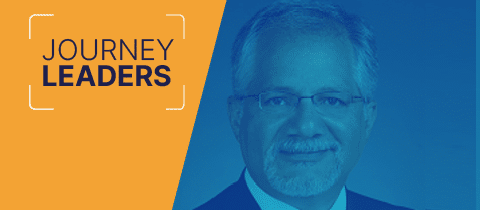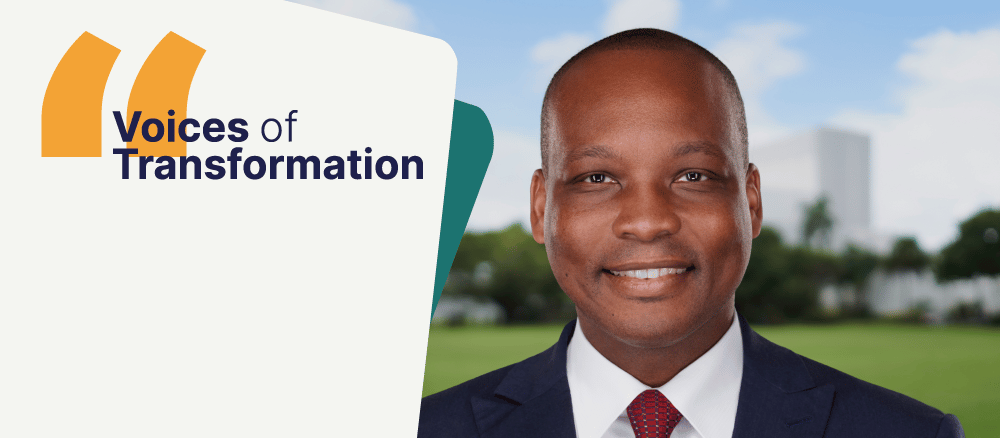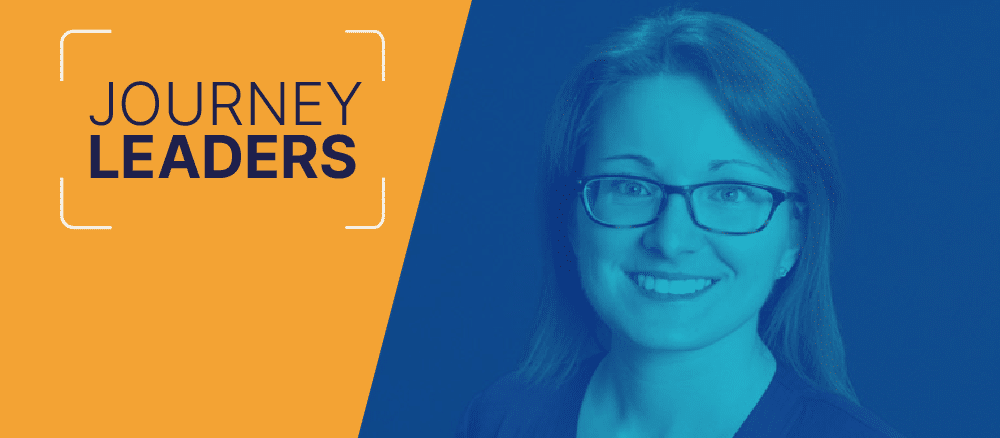Achieving the Dream is pleased to welcome Dr. Monte Randall, president of the College of the Muscogee Nation (CMN). He has worked extensively at CMN as the Dean of Academic Affairs, Dean of Student Affairs, and Tribal Services Instructor. While at CMN, Dr. Randall developed the federal financial aid policies, Office of Student Affairs, student learning assessment plan, and contributed to CMN’s accreditation with the Higher Learning Commission.
Dr. Randall is Muscogee (Creek) from the Apekv-Tvlledegv Tribal Town and Deer Clan. A veteran of the United States Navy, Dr. Randall is a graduate of Haskell Indian Nations University, the University of Oklahoma, and Oral Roberts University, where he received a doctorate in educational leadership.
Keep reading to learn more about the newest addition to team ATD.
Q: Why did you choose to join Achieving the Dream’s board of directors? What most connects you to ATD’s mission?
A: Achieving The Dream has been a great partner for us at the College of the Muscogee Nation for the past six years. We have grown through the development of projects focused on improving processes around developmental course work and student support services. Because of the support we received, I felt my experience could help to serve the organization. Our connection to ATD’s mission is the focus on equitable outcomes to facilitate student success.
—
Q: What do you hope to bring to the field of higher education reform through your work with ATD?
A: The College of the Muscogee Nation (CMN) hopes to bring reform in our own practice of creating guided pathways to careers. Equitable student success measures for CMN are also under reform to include initial outreach to new students and career services for graduates.
—
Q: You’re a product of the TCU system yourself. In your opinion, what do tribal colleges offer students that can’t be replicated at other types of institutions?
A: I am a proud graduate of Haskell Indian Nations University. Tribal colleges and universities offer Native American students the value of education on our own terms of being culturally relevant and affordable. Graduates are continuing on to graduate degrees in various fields able to assist their nations or return to the tribal college as qualified instructors. We are creating momentum to propel us to the next level of success.
—
“I envision tribal colleges and universities will become centers for self-determination.”
Q: What’s a fun fact about you that most people would find surprising?
A: I began as a summer intern at the College of the Muscogee in 2009.
—
Q: How has the college changed in the last 14 years, and what is your vision for the college — or for tribal colleges generally — another 14 years from now?
A: The College of the Muscogee Nation has changed significantly in the last 14 years through growth and development. We have become accredited on standard pathways with the Higher Learning Commission, a full member of the American Indian Higher Education Consortium, and a 1994 Land Grant Institution. Our enrollment, campus, services, and degree programs have grown to match our progress. My vision for CMN is to strengthen tribal sovereignty by revitalizing the Mvskoke language, develop bachelor’s degree programs, create an extension program, and initiate career services. I envision Tribal colleges and universities will become centers for self-determination with advanced degrees in tribal languages, economic development, health care, and law.
—
Q: What is the most important challenge that TCUs are facing today? And how is CMN meeting this challenge?
A: The most important challenge that TCUs are facing is having the funding and services to support underprepared and under–resourced students. The College of the Muscogee Nation utilizes a robust portfolio of grants to create needed support services. However, we are understaffed to meet all our needs and often shift responsibilities to areas not accustomed to certain functions.
—
Q: Part of CMN’s mission statement is to “encourage lifelong learners.” Do you consider yourself a lifelong learner? What is something valuable you’ve learned recently?
A: I believe that I lead by example in exercising the CMN mission statement and I do consider myself a lifelong learner. I have learned the value and impact that tribes have on our language learning when we take complete control of the teacher certification process. We are fully engaged in a complete curriculum redesign of the language teaching and learning programs starting with proficiency and performance standards.
—



